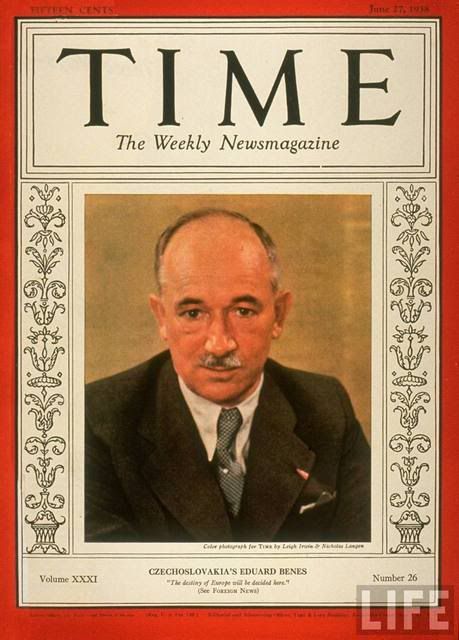"Minister of Titles and Nobility"? Only in Habsburg Austria.
No matter what I write, I must include the shiny shiny precious things like titles and honours
"Minister of Titles and Nobility"? Only in Habsburg Austria.

Blasted Soviets! Good that cooler heads prevailed, I doubt you would have had much power to resist the Red Army?
